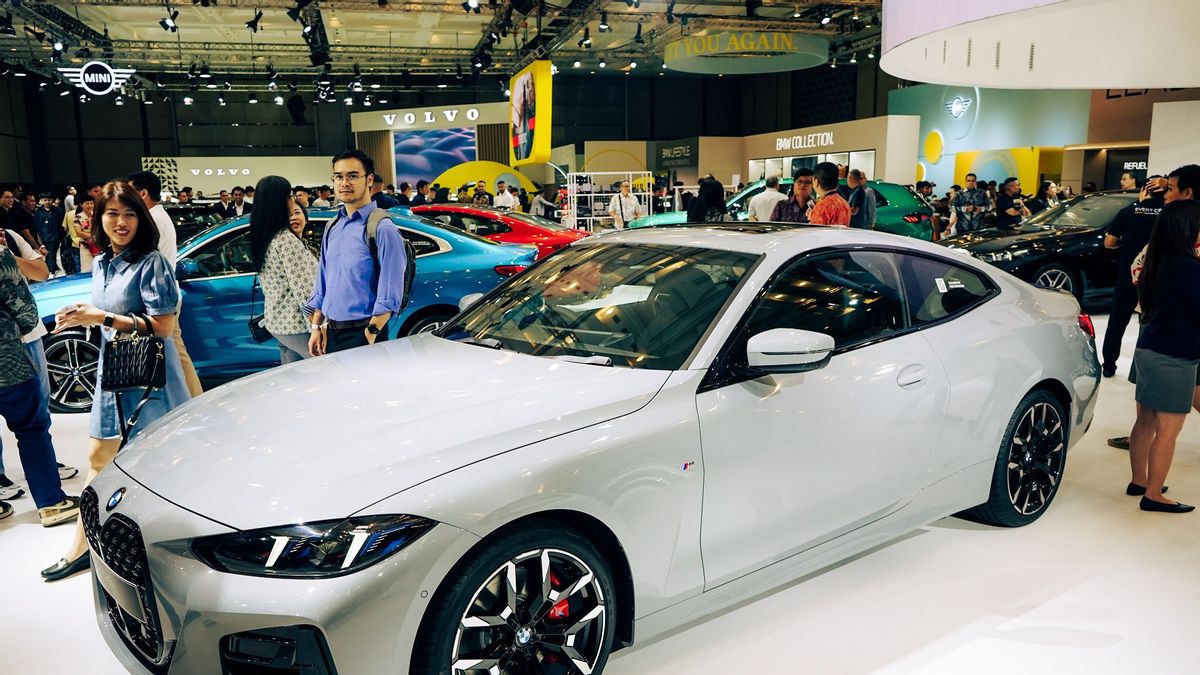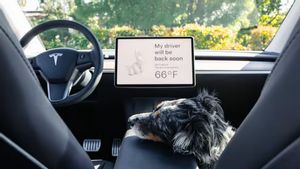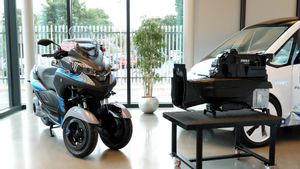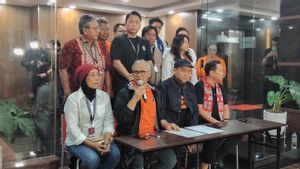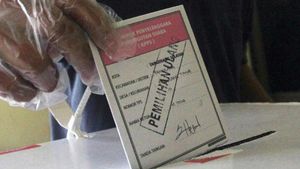JAKARTA Indonesia's automotive sector is experiencing difficult times. A significant middle class decline in recent years has dealt a major blow to this industry.
ITB automotive expert Yannes Martinus Pasaribu revealed that the decline in market share and car sales has been a trend over the past 15 years, despite various efforts.
"Various large-scale automotive events such as GIIAS are indeed able to boost temporary sales, but the effect is not sustainable," Yannes said, citing ANTARA, Monday, September 9.
He added that the key to reviving the automotive industry is to combine the provision of government incentives with a strong impetus to industrialization.
SEE ALSO:
Industrialization, according to Yannes, is the key to increasing the added value of products and creating new jobs. By processing raw materials into end products, such as converting nickel into electric vehicle batteries, the resulting economic value will be much larger. In addition, industrialization can also be applied to vehicle components and other related sectors.
"We have to shift from focus on consumption to production," said Yannes. "With industrialization, we can not only increase state revenue, but also create a strong and sustainable industrial ecosystem."
BPS data shows a drastic decline in the number of middle class populations in the last five years, from 57.33 million in 2019 to 47.85 million in 2024. This further underscores the urgency to take concrete steps to restore the Indonesian automotive industry.
The English, Chinese, Japanese, Arabic, and French versions are automatically generated by the AI. So there may still be inaccuracies in translating, please always see Indonesian as our main language. (system supported by DigitalSiber.id)
